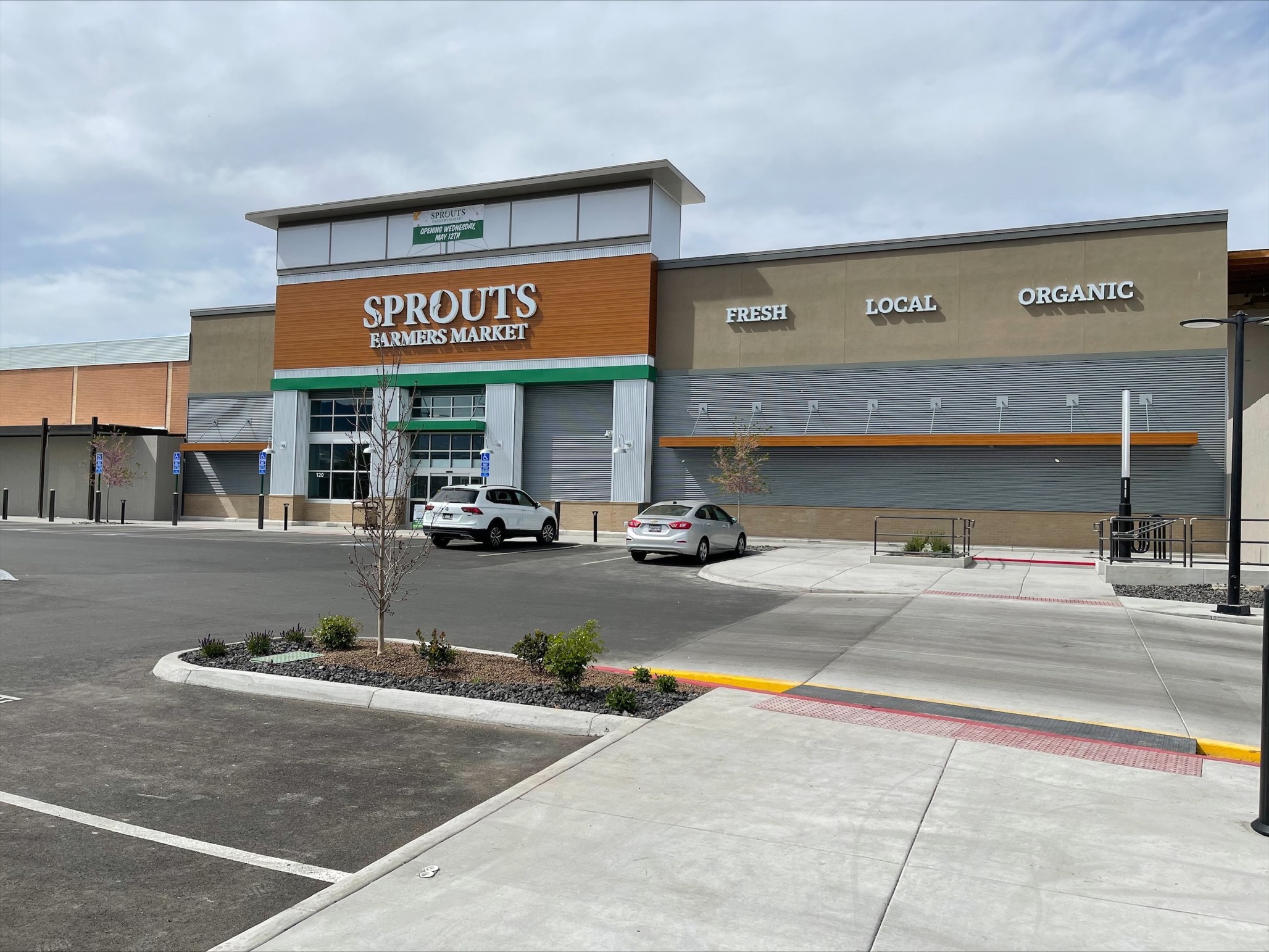Sprouts Farmers Markets is working to establish and implement animal welfare standards across its meat supply chain with respect to the animals’ physical, behavioral, and mental well-being.
The company is engaging its suppliers, non-governmental organizations, and other relevant stakeholders to ensure its policies and targets for continuous improvement are progressive, meaningful, and help drive the industry forward, according to the retailer.
For tchicken, Sprouts has laid out a year-by-year plan to achieve its welfare and quality goals for its meat department Sprouts Butcher Shop fresh chicken and one-pan meals, full-service case, and rotisserie chicken:
• By 2024: Improve the environment for chickens including litter, lighting, and enrichments as per the Better Chicken Commitment standards. These changes are designed to encourage the natural behavior of chickens such as pecking, scratching, exploration, and play.
• By 2025: Reduce stocking density to 6.0 lbs./sq. foot and prohibit broiler cages to allow chickens more room to move about.
• By 2026: Process chickens in a manner that avoids pre-stun handling and instead utilizes a multi-step controlled-atmosphere processing system that induces an irreversible stun, known as CAS, and considered a more humane technology intended to provide a less stressful experience and contribute to improved animal welfare, better processing conditions, and higher quality meat.
As of 2021, more than 17 percent of the chicken sold at Sprouts is processed through CAS facilities. The grocer has set a target to increase this amount to more than 60 percent by 2024 and 100 percent by 2026.
For pork, Sprouts will only source from suppliers that utilize open-pen or group-housed facilities, and sell meat that is raised with no antibiotics or beta agonists.
Sprouts Brand eggs have been cage-free or better since 2016. To upgrade all its egg products, as of December 2021, all shell and liquid eggs sold in Sprouts stores are now sourced from cage-free, organic, or free-range farms.
When it comes to dairy cattle, Sprouts encourages farmers to develop programs for breeding polled, or naturally hornless, cows to eliminate the need for dehorning, an approach that has been successful in the beef industry. The company also discourages routine tail docking and have asked its suppliers for timelines to phase out this practice.
Each component of its program will be verified with annual third-party auditing and disclosed annually.
Related: ASPCA Debuts Animal Welfare Grocery List Tool; Nonprofit Ranks Grocers on Chicken Welfare.
Image: Sprouts Farmers Market

